Podcast: Play in new window | Download (Duration: 28:08 — 19.4MB) | Embed
Subscribe: Apple Podcasts | Spotify | Amazon Music | Android | Pandora | iHeartRadio | JioSaavn | Podchaser | Gaana | Podcast Index | Email | TuneIn | Deezer | Anghami | RSS | More

Episode 18 – “Heaven in Faith” Day 9 Prayer 2 – “God who is rich in mercy, impelled by His exceeding love, even when we were dead because of our sins, has brought us back to life in Christ Jesus”
Dr. Anthony Lilles and Kris McGregor discussing the significance of sin and divine mercy in the context of prayer, based on the teachings of St. Elizabeth of the Trinity of the transformative power of confession, where sins are entrusted to God and forgiven through Christ’s sacrifice. Reminding us of the importance of humility, true conversion, and reliance on God alone; as well as the connection between suffering and humility in the spiritual life and suffering can deepen one’s reliance on God and lead to a restoration of blessings in a more profound way.
 From “Heaven in Faith: Day 9 Prayer 2”:
From “Heaven in Faith: Day 9 Prayer 2”:
“God who is rich in mercy, impelled by His exceeding love, even when we were dead because of our sins, has brought us back to life in Christ Jesus. . . .” “Because all have sinned and have need of the glory of God, they are justified freely by His grace, through the redemption which is in Christ, whom God has set forth as a propitiation for sins, showing both that He is just and that He makes just him who has faith in Him” (St. Paul).
“Sin is such a terrifying evil that in order to seek any good whatsoever, or to avoid any evil whatsoever, no sin should be committed.” “Now we have committed very many.” How can we keep from “fainting in adoration when we plunge into the abyss of mercy and the eyes of our soul are fixed upon this fact: God has taken away our sins.” He said so Himself: “I will blot out all their iniquities and I will no longer remember their sins.”
“The Lord, in His mercy, willed to turn our sins against themselves to our advantage; He found a way to make them useful for us, to convert them in our hands into a means of salvation. But do not let this diminish in any way our horror of sinning, nor our sorrow for having sinned. But our sins” “have become a source of humility for us.”
When the soul “considers deep within itself, its eyes burning with love, the immensity of God, His fidelity, the proofs of His love, His favors which can add nothing to His happiness; then, looking at itself it sees its crimes against this immense Lord, it turns to its own center with such self-contempt that it does not know how it can endure its horror.” “The best thing for it to do is to complain to God, its Friend, of the strength of its self-love which betrays it by not letting it place itself as low as it would wish. It resigns itself to the will of God, and in self-abnegation, finds true, invincible, and perfect peace, which nothing can disturb. For it has plunged into such a deep abyss that no one will seek it there.”
“If anyone should affirm to me that to find the bottom of the abyss is to be immersed in humility, I would not contradict him. However, it seems to me that to be plunged into humility is to be plunged into God, for God is the bottom of the abyss. That is why humility, like charity, is always capable of increasing.” “Since a humble heart is the vessel needed, the vessel capable of containing the grace God wants to pour into it,” let us be “humble.” “The humble can never rank God high enough nor themselves low enough. But here is the wonder: their weakness turns into wisdom, and the imperfection of their acts, always insufficient in their eyes, will be the greatest delight of their life. Whoever possesses humility has no need of many words to be instructed; God tells him more things than he can learn; such was the case with the Lord’s disciples.”
Elizabeth of the Trinity. The Complete Works of Elizabeth of the Trinity, vol. 1 (featuring a General Introduction and Major Spiritual Writings) (Elizabeth of the Trinity Complete Work) (pp. 162-163). ICS Publications. Kindle Edition.
Discerning Hearts Reflection Questions
- Sin and Mercy: How does the discussion about sin and divine mercy deepen your understanding of God’s love and forgiveness?
- The Role of Confession: Reflect on the transformative power of confession as discussed in the podcast. How does confession enable us to entrust our sins to God and experience His mercy?
- Humility and Conversion: In what ways does humility play a crucial role in the spiritual life, according to the insights shared in the episode? How does true conversion lead us to rely more deeply on God?
- Suffering and Grace: Consider the relationship between suffering and humility discussed in the podcast. How does suffering have the potential to deepen our reliance on God and lead to a restoration of blessings in our lives?
- Personal Examination: After listening to the episode, take time to examine your own heart. Are there sins you need to confess and entrust to God? How can this act of confession lead to a deeper experience of God’s love and mercy in your life?
We would like to thank Miriam Gutierrez for providing “the voice” of St. Elizabeth for this series
For other episodes in the series visit the Discerning Hearts page for Dr. Anthony Lilles
Anthony Lilles, S.T.D., has served the Church and assisted in the formation of clergy and seminarians since 1994. Before coming to St. Patrick’s, he served at seminaries and houses of formation in the Archdiocese of Denver and the Archdiocese of Los Angeles. The son of a California farmer, married with young adult children, holds a B.A. in theology from the Franciscan University of Steubenville with both the ecclesiastical licentiate and doctorate in spiritual theology from the Pontifical University of Saint Thomas Aquinas in Rome (the Angelicum). An expert in the writings of St. Elizabeth of the Trinity and the Carmelite Doctors of the Church, he co-founded the Avila Institute for Spiritual Formation and the High Calling Program for priestly vocations. He also founded the John Paul II Center for Contemplative Culture, which hosts symposiums, retreats, and conferences. In addition to his publications, he blogs at www.beginningtopray.com .

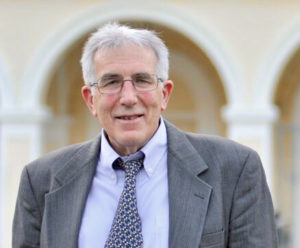
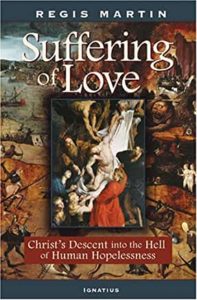
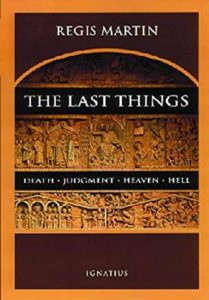
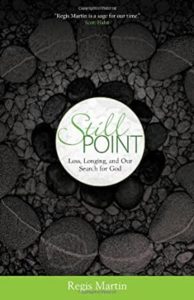
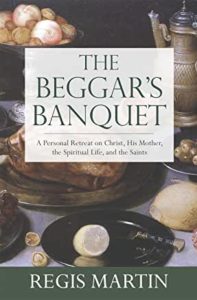
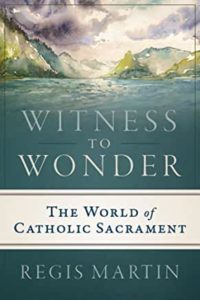
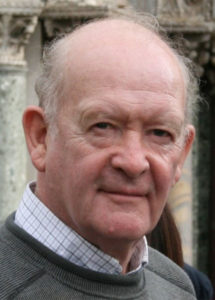
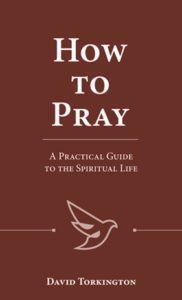
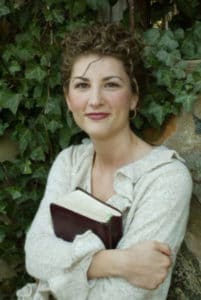
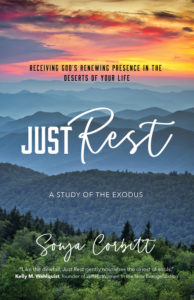

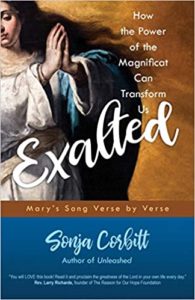
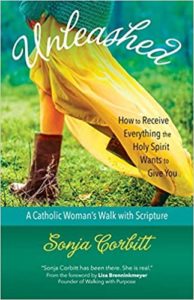

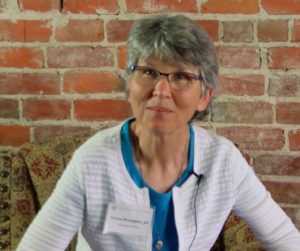


 For other audio recordings of various spiritual classics you can visit the
For other audio recordings of various spiritual classics you can visit the 
